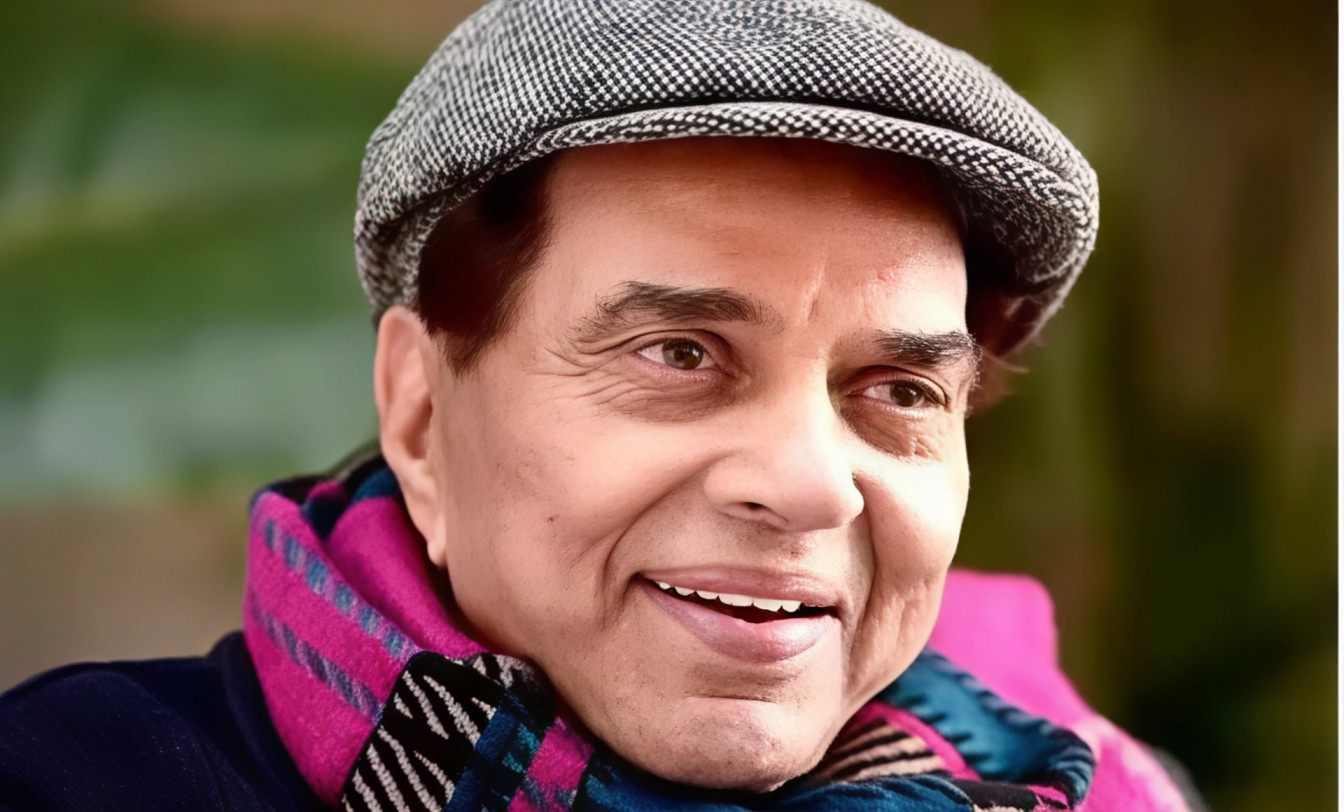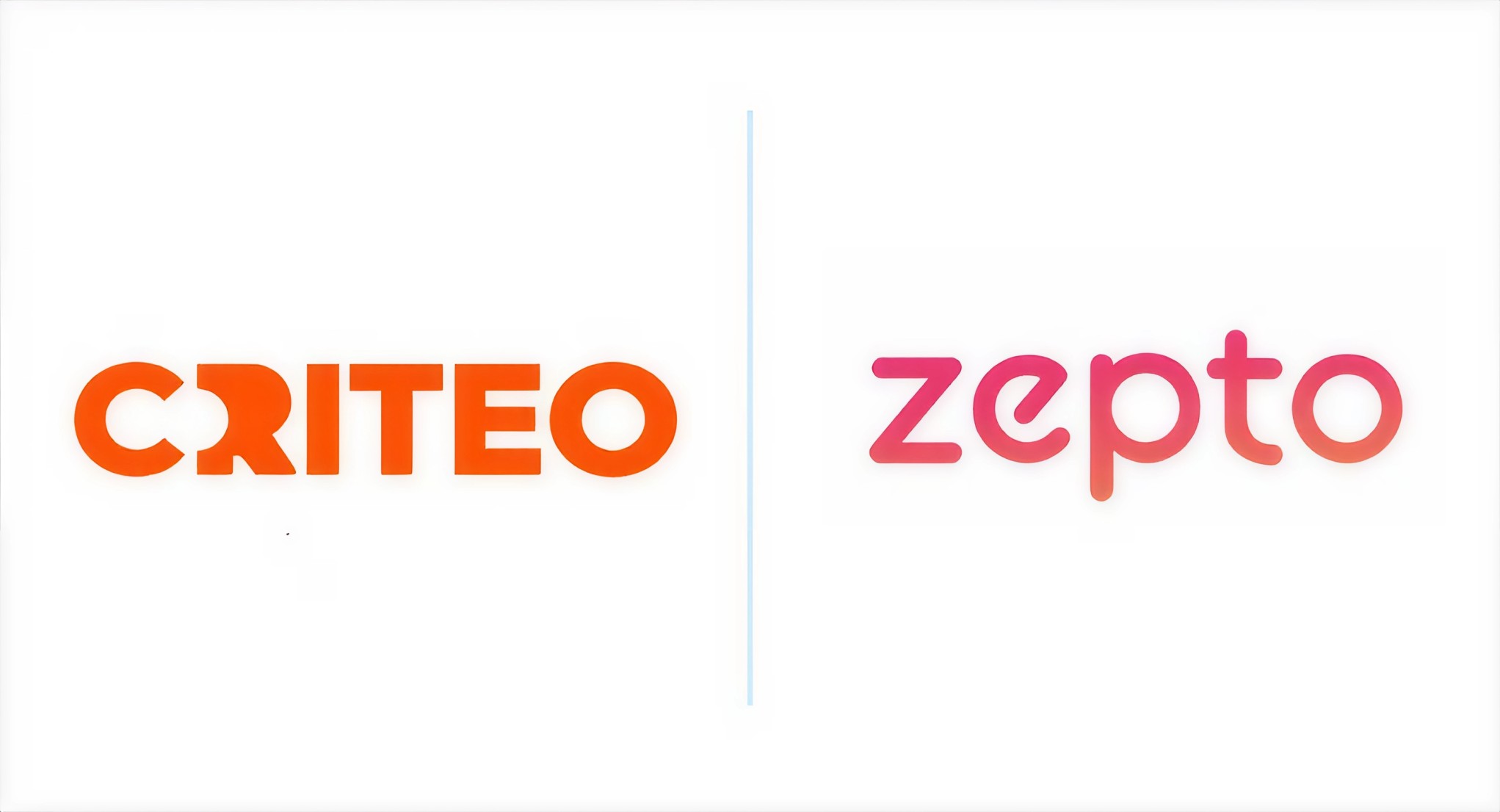The BBC has revamped its operations in India by transitioning its publishing license to a newly formed private entity named Collective Newsroom, established by four former BBC employees.
This significant move marks a first in the global operations of the public service broadcaster and aims to align with India's updated Foreign Direct Investment (FDI) norms, which cap FDI in the digital media sector at 26%.
The change, prompted by stricter FDI regulations introduced in 2020, sees the BBC aiming to retain a 26% stake in Collective Newsroom.
This new structure enables the BBC to continue offering content in seven regional languages while adhering to India's FDI guidelines.
The restructuring follows scrutiny by Indian tax authorities and is a strategic step to ensure the BBC's ongoing commitment to its Indian audience without compromising its journalistic integrity.
The implementation of new Foreign Direct Investment (FDI) regulations in India presented significant challenges for the BBC's continued operations within the country.
Faced with the dilemma of maintaining its Indian presence without financial downsides or workforce reductions, the BBC explored unconventional solutions.
Rupa Jha highlighted that, after thorough legal consultations, the creation of the Collective Newsroom emerged as the most feasible strategy to adapt to the new FDI landscape while preserving the BBC's mission and values in India.
ADVERTISEMENT
Consequently, this innovative approach has led to nearly 200 BBC India employees transitioning to the Collective Newsroom.
Jonathan Munro, Deputy CEO of BBC News, emphasized the importance of the BBC's longstanding commitment to its Indian audience, expressing confidence that the establishment of the Collective Newsroom is a forward-moving step that honours this legacy.
















